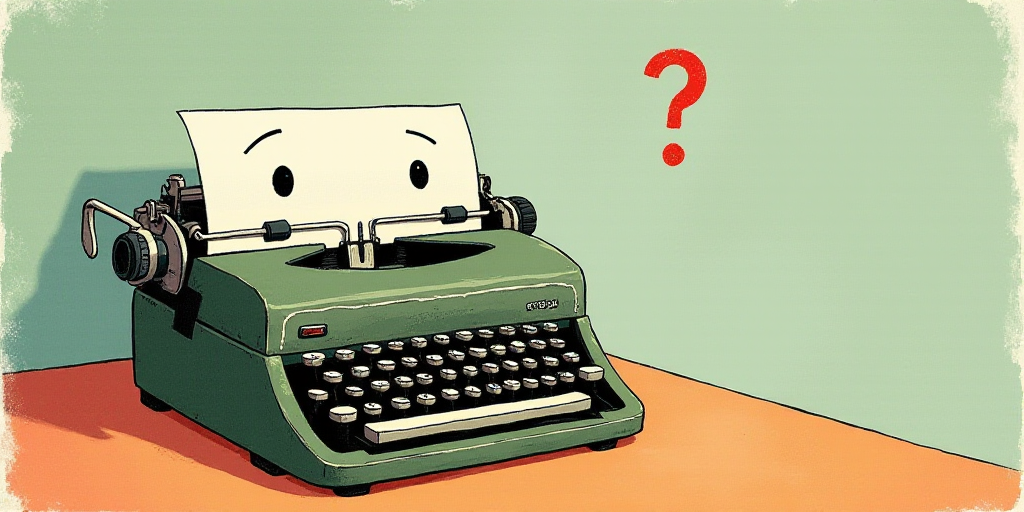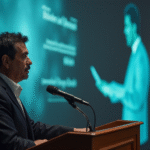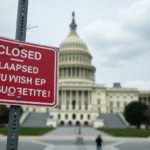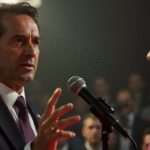Introduction
Recently, the State Congress of Puebla approved a reform to the local Penal Code, criminalizing cyberbullying by imposing up to three years in prison for those who repeatedly insult, belittle, or humiliate someone through digital means, causing significant harm to their emotional or physical well-being. The stated intention of this law is to safeguard individuals’ dignity and psychological well-being against online harassment. However, this new provision has raised concerns among civil society sectors, human rights organizations, and journalists who warn that its vague wording could lead to arbitrary application, potentially restricting freedom of expression.
The Concern: Ambiguity in the Law
The criticism does not target the necessity to address digital violence—a genuine issue requiring serious attention. Instead, it highlights the risks associated with legislation that fails to clearly define the elements of the offense, potentially enabling it to be used for silencing critical voices, especially in contexts with weak accountability.
The proposed “cyberbullying,” as formulated in Article 480, does not distinctly differentiate between harassment and severe criticism or legitimate denunciation and personal attacks. This ambiguity places freedom of expression at risk of being criminalized.
The Importance of Freedom of Expression
Freedom of expression is a cornerstone of any democracy, serving not only to allow individuals to voice their opinions but also as a mechanism for social control over power. It enables the denunciation of abuses, exposure of contradictions, and making visible what is intended to be hidden. In a democratic society, citizens not only have the right to speak but also the duty to monitor and question those who hold power, whether in political, economic, or cultural realms. This critical exercise, though uncomfortable and sometimes irreverent, requires legal protection.
Given this context, it’s concerning that a penal law contemplates prison sentences for those who, for instance, repeatedly post on social media about a public official’s corrupt acts if such posts are deemed “offensive” or cause emotional harm. Who decides what is offensive? What objective criteria can distinguish strong criticism from illegitimate attacks without these definitions? Without them, the risk is that cyberbullying could become a legal instrument to punish dissent.
Why Journalists and Activists are Alarmed
It’s no coincidence that those raising their voices against this reform are primarily journalists and activists. They are the first to face consequences from vague legislation aiming to suppress public scrutiny in the name of order or morality. The concern is heightened in a country like Mexico, where attacks on the press are common and many communicators live under constant threats. Penalizing criticism in digital environments—today’s primary public debate space—represents a significant step backward.
Protecting Human Dignity Without Limiting Freedom of Expression
Protecting human dignity online is a legitimate and necessary cause. However, it should not come at the expense of limiting a fundamental right like freedom of expression. Instead of criminalizing speech, the state should focus on digital education mechanisms, mediation channels, and effective complaint routes that don’t involve disproportionate penalties or criminalization of debate.
Balancing Protection and Freedom
The challenge is not choosing between protecting individuals and preserving freedom of expression. It’s about crafting normative frameworks that achieve both without compromising either. In the case of Article 480, the solution lies not in ignoring digital harassment but in redefining it legally so that it doesn’t become, through judicial means, a gag on criticism. Let’s remember that in true democracies, the right to challenge also means the right to defend truth.
Key Questions and Answers
- What is the issue? The State Congress of Puebla recently approved a law criminalizing cyberbullying, raising concerns about potential restrictions on freedom of expression.
- Who is concerned? Civil society, human rights organizations, and journalists are worried about the law’s ambiguity that could lead to arbitrary application and silence critical voices.
- Why is freedom of expression important? It’s a cornerstone of democracy, enabling social control over power and allowing for the denunciation of abuses.
- What are the risks of the new law? The vague wording could lead to criminalizing legitimate criticism, posing a threat to freedom of expression.
- What is the alternative? Instead of criminalization, focus on digital education, mediation channels, and effective complaint routes.






